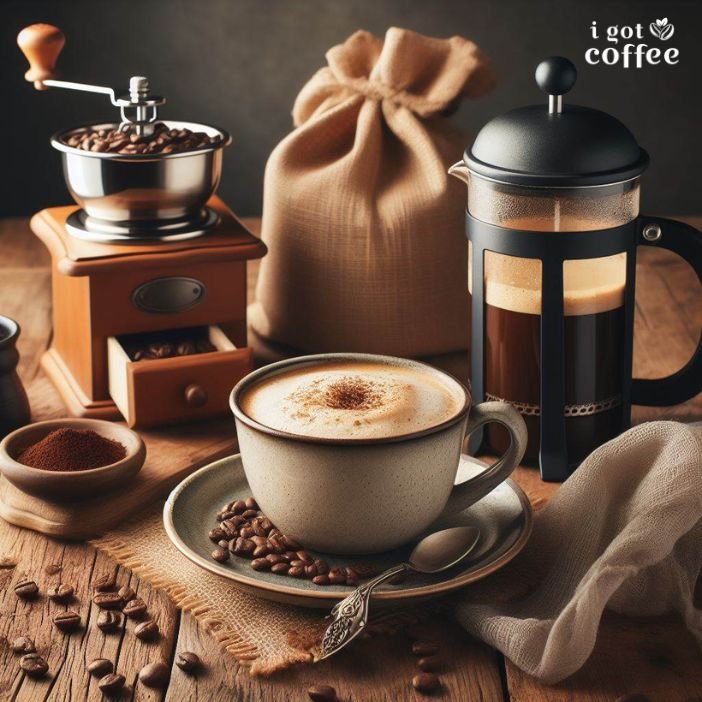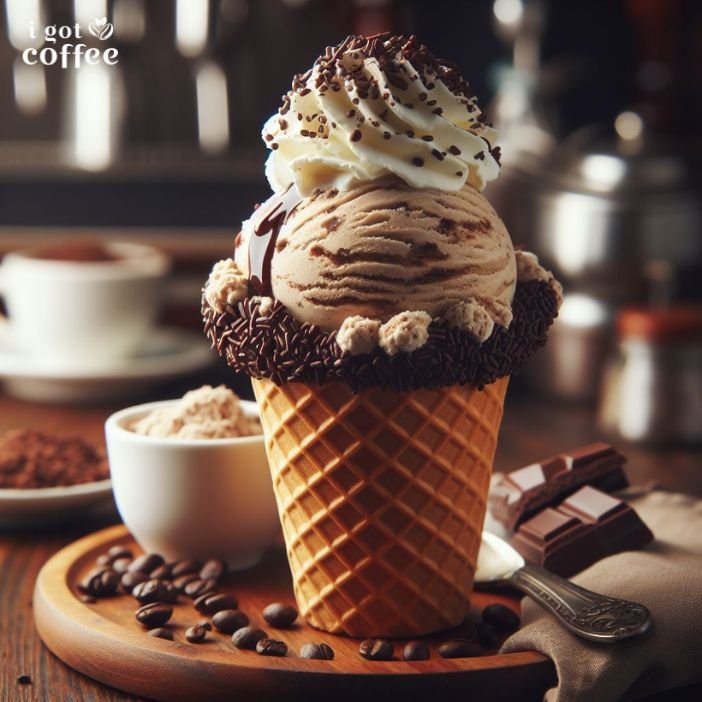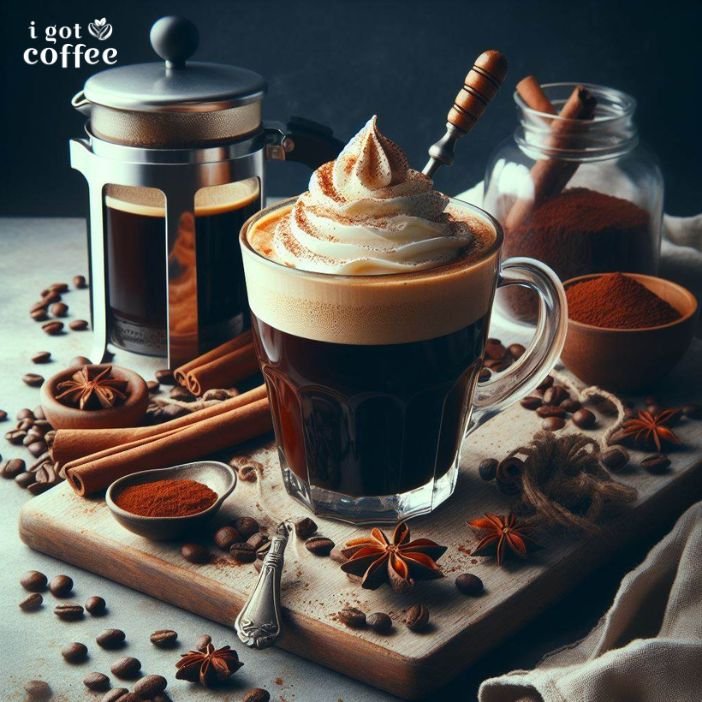What Is Whole Bean Coffee?
Whole bean coffee is a type of coffee made from unroasted coffee beans that have been freshly ground. It is the purest form of coffee, as it has not been exposed to the air or other environmental elements that can degrade the flavor and aroma of the beans. Whole bean coffee is typically brewed using a drip coffee maker, French press, or espresso machine. The unique flavor and aroma of whole bean coffee are due to the fact that the beans are ground just before brewing, which allows the essential oils and flavors of the beans to be released into the cup.
The Origin and History of Whole Bean Coffee
Whole bean coffee has a long and fascinating history that dates back centuries. Coffee was first discovered in Ethiopia in the 9th century, and it quickly spread throughout the Middle East and Europe. By the 17th century, coffee had become a popular beverage in Europe, and the first coffee houses were established in England and France. In the 18th century, the first coffee roasting machines were invented, and this allowed for the production of pre-ground coffee. However, it wasn’t until the 19th century that whole bean coffee became widely available. The invention of the first electric coffee grinder in the early 20th century made it much easier for people to grind their own coffee beans at home. This allowed for the production of fresh, flavorful coffee without the need for pre-ground beans. Today, whole bean coffee is a popular choice among coffee enthusiasts who want to enjoy the freshest cup of coffee possible.How to Make Whole Bean Coffee
Making whole bean coffee is a simple process that requires only a few basic tools. Here’s a step-by-step guide to making the perfect cup of whole bean coffee:- Start by selecting the right coffee beans. Choose beans that are freshly roasted and of high quality.
- Measure out the desired amount of beans and grind them to a medium-fine consistency.
- Place the ground coffee in the filter of your drip coffee maker, French press, or espresso machine.
- Add the desired amount of water and begin the brewing process.
- Once the coffee is finished brewing, pour it into a mug and enjoy.
Choosing the Right Beans for Your Whole Bean Coffee
When it comes to making the perfect cup of whole bean coffee, the type of beans you choose is just as important as the brewing method. Different types of beans have different flavor profiles, so it’s important to select the right beans for your desired flavor. When choosing beans, consider the origin of the beans, the roast type, and the flavor profile.- Origin: Different regions of the world produce beans with unique flavor profiles. For example, beans from Central and South America tend to have a nutty, chocolatey flavor, while beans from Africa and Indonesia tend to have a fruity, floral flavor.
- Roast Type: Different roast types will also affect the flavor of the coffee. Light roasts tend to be more acidic and have a brighter flavor, while dark roasts tend to be more full-bodied and have a richer flavor.
- Flavor Profile: Different beans also have different flavor notes. Look for beans with flavor notes that appeal to you, such as chocolate, citrus, or nutty.
Types and Variations of Whole Bean Coffee
There are many different types and variations of whole bean coffee. The most popular types are Arabica and Robusta, which are the two main species of coffee beans. Arabica beans tend to have a sweeter, more complex flavor, while Robusta beans tend to have a more bitter, earthy flavor. Other popular types of whole bean coffee include espresso, decaf, and flavored coffees. Espresso is a type of coffee that is made with finely ground beans and brewed using an espresso machine. Decaf coffee is made with beans that have had most of the caffeine removed. Flavored coffees are made with beans that have been infused with natural or artificial flavorings.Caffeine Content in Whole Bean Coffee: What You Need to Know
The caffeine content in whole bean coffee can vary depending on the type of beans used and the brewing method. Generally, Arabica beans tend to have a lower caffeine content than Robusta beans. Additionally, espresso and decaf coffees tend to have a lower caffeine content than standard coffees. The amount of caffeine in a cup of coffee also depends on the brewing method. For example, espresso shots tend to have a higher caffeine content than brewed coffees. Additionally, the grind size of the beans will affect the caffeine content, as finer grinds will result in a stronger cup of coffee.Is Whole Bean Coffee Good for Your Health? Exploring the Benefits
Whole bean coffee is a great source of antioxidants and other beneficial compounds. Studies have shown that drinking coffee can reduce the risk of certain diseases, such as type 2 diabetes and heart disease. Additionally, coffee has been shown to improve cognitive function and alertness. However, it is important to note that coffee can also have some negative effects on health. For example, drinking too much coffee can lead to insomnia, headaches, and anxiety. Additionally, coffee contains caffeine, which can be addictive and can cause withdrawal symptoms. It is important to consume coffee in moderation and to be aware of any potential side effects.Whole Bean Coffee vs. Pre-Ground Coffee : Understanding the Differences
Coffee is one of the most popular beverages in the world, and it can be enjoyed in many different forms. Whole bean coffee and pre-ground coffee are two of the most common types of coffee, and they each have their own unique characteristics. Understanding the differences between these two types of coffee can help you make an informed decision about which one is best for you.- Brewing Methods
- Flavor Characteristics
- Cultural Significance
- Health Benefits
Conclusion
Whole bean coffee is a unique and flavorful type of coffee that has a long and fascinating history. It is made from freshly ground beans that have not been exposed to air or other environmental elements. Making whole bean coffee is a simple process that requires only a few basic tools, and choosing the right beans can make all the difference in the flavor of the coffee. Whole bean coffee has many health benefits, but it is important to consume it in moderation and be aware of any potential side effects. By the end of this blog, we hope you have a better understanding of whole bean coffee and its place in coffee culture.Unraveling the World of Coffee

Emma Sage holds a degree in Culinary Arts from Le Cordon Bleu. Her journey in the coffee industry began at a local café, where she honed her skills in brewing and barista techniques. Emma’s passion for coffee extends beyond her academic background, with years of experience in coffee tasting and education. Known for her engaging writing style.






